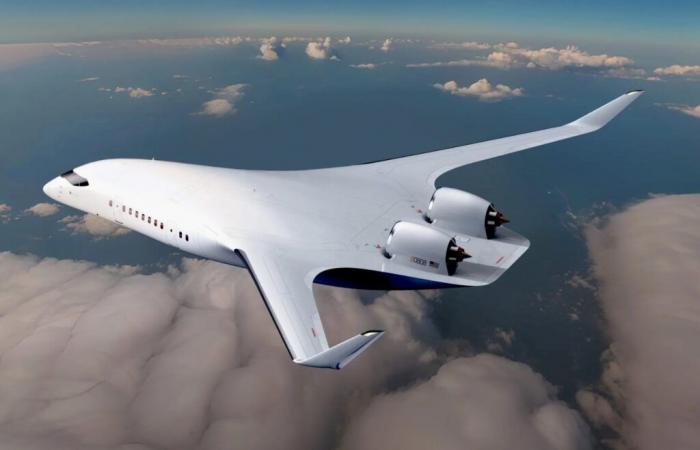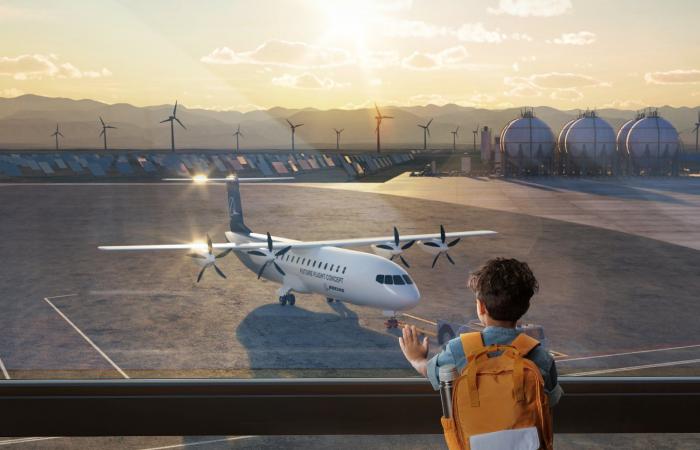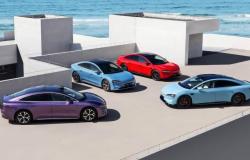As part of its Advanced Aircraft Concepts for Environmental Sustainability 2050 (AACES) program, NASA awarded five awards to aeronautical projects. All are seeking to design the most sustainable aircraft for tomorrow, and will need funds to finance mostly long-term projects. In total, four companies were rewarded, and one university, for an amount of $11.5 million.
“Imagine yourself in an airport in a few decades. What does an airliner look like? It will be more efficient and emit fewer emissions than current planes. What types of design or technology will make this possible? NASA is working to answer these questions by commissioning five new design studies aimed at pushing the boundaries of what’s possible for sustainable aircraft.”we can read in a press release.
A small envelope, but which will allow researchers and academics to deepen their research and achieve something within a few years, always with the American agency at their side. Bob Pearce, NASA associate administrator for the Aeronautical Research Mission Directorate, was speaking on the subject.
“Through initiatives like AACES, NASA is able to leverage a broad range of perspectives on how to further increase aircraft efficiency, reduce the environmental impact of aviation and “enhancing U.S. technological competitiveness in the 2040s, 2050s and beyond.”
Electra and JetZero awarded by NASA
To begin with, it was the startup Electra which was rewarded with its electric plane, whose technology already works and which is now seeking to deepen its research to imagine new fuselages and new wings that are even more efficient.
For its part, JetZero (a competitor of ZeroAvia) is still working on its reactors running on cryogenic liquid hydrogen, in order to make it a fuel in commercial aviation, and to reduce greenhouse gas emissions.
Read also 80 years after helicopters, the FAA creates a new category of aircraft
Aurora Flight Sciences, a subsidiary of Boeing
At Aurora Flight Sciences, the studies are broader and more numerous. It must be said that the startup belongs to Boeing and is part of its research showcase, particularly in autonomous aircraft for specific uses. With its funds raised by the NASA prize, the company intends to offer an account of all the possibilities of technologies and aircraft concepts for the 2050 horizon.
In academia, researchers from the Georgia Institute of Technology will conduct an in-depth study of alternative fuel technologies, with the plan to integrate it into their ATH2ENA electric propulsion aircraft concept.
Finally, the American aircraft engine manufacturer Pratt & Whitney, also awarded by NASA, is looking into a more precise detail linked to energy efficiency in the aviation sector. The company is working on the study of thermal and propulsion efficiency, so that even when running on hydrogen or a renewable fuel, aircraft engines can be as economical as possible.
He, like all the other winners of the NASA program, will have to complete their studies by mid-2026. From there, the American agency can continue to follow them or not.
???? To not miss any news from 01net, follow us on Google News and WhatsApp.
Source :
NASA







